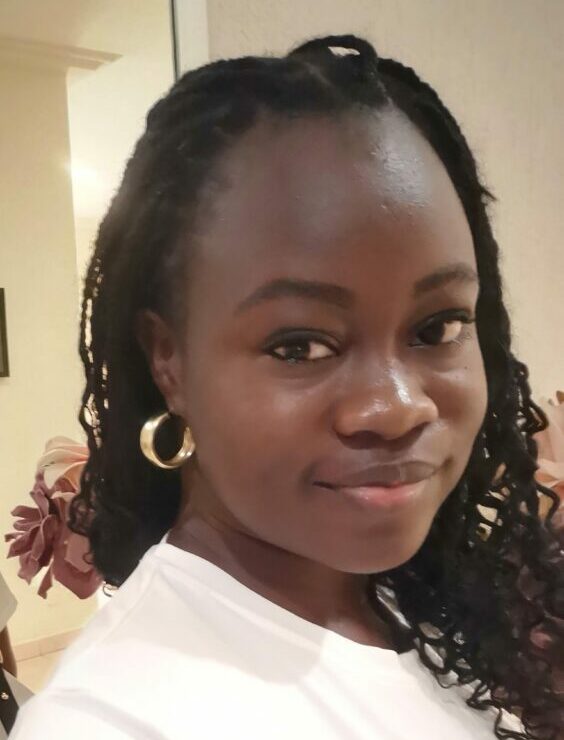Clinical research: an unexpected opportunity
What meaningful health career options exist outside of the hospital? As a medical doctor, this was a question I pondered before enrolling in the Pharmalys Academy of Clinical research Excellence (PACE). Contrary to popular belief, healthcare is not limited to hospital care. Following a one-year work contract in a private clinic, I was looking for something different from my current experiences to date. As a healthcare professional, it was important for me to work in a field dedicated to the overall wellbeing of individuals.
In that context, my introduction to clinical research came in quite an unexpected way – through a post I’d come across on one of my social media platforms. The post was an invitation for young healthcare graduates to participate in a pilot cohort for an innovative training programme – the PACE programme. My attention was piqued immediately. I remember updating my CV and submitting my application the same night I had read the announcement. While my concept of research was somewhat vague at the time, this felt like an opportunity to do something new. An opportunity to grasp.
Being accepted for the pilot cohort was not a simple matter, there were a lot of candidates applying for the programme. The number of applicants said a lot about the excitement surrounding this programme, particularly for young Africans. Clinical research is still relatively new in Africa. Much like myself at the time, most people only have a vague understanding of what clinical research involves, with even less understanding of the wide range of jobs available in the field. Fortunately for me, I ended up receiving an invitation for an interview after submitting my application, marking the beginning of my PACE adventure.
The Pharmalys Academy of Clinical research Excellence (PACE) experience

The PACE programme consists of a 3-month theoretical course and a 6- month internship in a research organisation. The first weeks jumped straight into business with a series of courses led by experts from all over the world. Among those, modules like Research Ethics and Clinical Operations left me with a strong impression on what clinical research is about. The programme was well organised with a serious and dedicated approach. This was evident through the efficient Learning Management System, a platform offering active involvement of the instructors in ensuring that we, the learners, had a comprehensive understanding of each topic, including the details of each presentation slide, among other aspects.
As for the internship, I completed mine at Pharmalys, the mother organisation of PACE. Pharmalys is an African Contract Research Organisation with offices in London, UK and in Dakar, Senegal. I was based in their Dakar office, where I got to work with skilful individuals and gained practical hands-on experience and insights into different aspects of the field. I worked on various study projects under the guidance of Clinical Project Managers and Clinical Research Associates. This experience enabled me to visit a study site as a CRA trainee and perform tasks related to the monitoring of a study.
By the end of the internship, the combination of my work on site and within the office, paired with the theoretical teachings, cemented a thought within me. The key role of a clinical research professional is to ensure the safety and well-being of study participants while ensuring the quality of the data collected. In doing so, these professionals actively participate in advancing our collective knowledge of health interventions that are capable of saving millions of lives.
So, to the question I was asking myself a few months ago – ‘What could be a meaningful health career to embrace?’ – my experience with PACE provided me with a resounding answer that is: Clinical Research. Read more: Learn more about Clinical Research | PACE (pace-cr.com)
Cinthia Houenassou
February 2024

